TL;DR - Key Takeaways
- 80% of buyers now use AI tools like ChatGPT instead of Google to find businesses
- Most businesses are invisible to AI because they lack optimized content and consistent data
- 5 pillars of AI optimization: NAP consistency, authoritative content, local signals, reviews, and technical SEO
- FAQ content with schema markup is the #1 way to get cited by AI tools
- Results come fast: 30% increase in AI citations within 60 days is typical
- Local businesses have an advantage over corporations in location-based AI queries
- Start today with 3 actions: Audit your NAP, optimize Google Business Profile, and create FAQ content
The AI Revolution in Customer Discovery
The way customers search for businesses has fundamentally changed. 80% of buyers now start with AI tools like ChatGPT, Gemini, and Perplexity instead of Google. When someone asks, "Who's the best plumber in Austin?" or "Who should I hire for marketing?", AI tools are making recommendations. This shift is reshaping the customer journey, creating new opportunities for businesses to get discovered.
Most businesses are invisible in these AI-driven conversations. While companies continue to invest in Google Ads and SEO, their prospects are asking AI tools for advice—and those tools aren't recommending them. Why? Because AI systems prioritize structured, authoritative, and optimized content, not keyword-stuffed pages or outdated strategies.
This guide reveals a step-by-step framework to help your business get cited by AI tools like ChatGPT, Gemini, and Perplexity. You'll learn how to optimize your online presence, create AI-friendly content, and leverage local SEO to dominate this new customer discovery landscape. The result? More visibility, more leads, and a competitive edge in 2025 and beyond.
The Current Landscape: Why AI Optimization Matters Now
The New Customer Journey
AI tools are revolutionizing the way people search for businesses. Instead of typing "plumbers near me" into Google, customers now ask AI tools questions like, "What should I look for in a good plumber?" or "Who are the best HVAC companies in my area?" These tools provide direct answers, bypassing traditional search engines entirely.
Key Statistics That Matter
- 60% of searches never result in website clicks. AI tools provide answers directly, reducing traffic to traditional websites.
- AI tools prefer structured, authoritative content. Thin or generic pages are ignored.
- Fast, optimized sites get cited more often. Slow-loading websites are skipped entirely.
- FAQ content is "gold" for AI systems. AI tools are trained to recognize question-and-answer formats.
Implication: Businesses that fail to adapt to this AI-driven search model risk losing visibility, leads, and revenue.
The Core Challenges: Why Businesses Struggle to Get Found
The Main Problem
Most businesses are invisible to AI tools because they lack optimized content, technical infrastructure, and local authority signals. AI systems prioritize businesses that demonstrate expertise, consistency, and relevance.
Why This Problem Persists
- Inconsistent Business Information: Variations in name, address, and phone number (NAP) confuse AI systems.
- Thin Content: Generic blog posts and keyword-stuffed pages fail to demonstrate expertise.
- Lack of Local Signals: Businesses neglect local SEO, missing opportunities to rank for location-specific queries.
- Technical Issues: Slow websites, poor mobile design, and missing schema markup prevent AI tools from citing content.
The Real Cost of Inaction
- Lost Leads: AI tools recommend competitors who are optimized.
- Reduced Revenue: Fewer citations mean fewer customers.
- Competitive Disadvantage: Early adopters of AI optimization will dominate the market.

The Solution Framework: How to Optimize for AI Visibility
Pillar 1: Clear Company Recognition
What to Do: Ensure your business name, address, and phone number (NAP) are consistent across all platforms. Create a "master NAP document" to standardize your information.
Why It Works: AI tools rely on consistent data to identify credible businesses.
Expected Outcome: Improved recognition and trust from AI systems.
Pillar 2: Authoritative Content
What to Do: Create comprehensive guides, step-by-step processes, and case studies that solve real problems. Use clear headings, bullet points, and FAQ formats.
Why It Works: AI tools prioritize structured, helpful content that demonstrates expertise.
Expected Outcome: Increased citations and customer trust.
Pillar 3: Local Authority Signals
What to Do: Optimize your Google Business Profile, join local directories, and create location-specific content.
Why It Works: AI tools prioritize businesses with strong local signals for location-based queries.
Expected Outcome: Higher visibility for local searches.
Pillar 4: Manage Your Customer Reviews and Testimonials
What to Do: Set up a system to request, monitor, and respond to reviews. Add review schema markup to your website.
Why It Works: AI tools use reviews to evaluate business quality and reliability.
Expected Outcome: Improved credibility and customer engagement.
Pillar 5: Technical Optimization (GEO and SEO)
- What to Do: Optimize site speed, implement schema markup, and ensure mobile-friendly design.
- Why It Works: AI tools skip slow or poorly structured websites.
- Expected Outcome: Faster loading times and better AI citations.

Common Questions Answered
Q: How much does AI optimization cost?
A: Costs vary, but most businesses can start with free tools like Google My Business and schema markup. Paid tools like BrightLocal or Semrush offer advanced features for $50-$450/month.
Q: How long does it take to see results?
A: Most businesses see improvements within 30-60 days after implementing foundational changes like NAP consistency and FAQ schema.
Q: Do I need technical expertise?
A: Basic optimization (e.g., Google Business Profile) requires minimal technical skills. Advanced tasks like schema markup may need professional help.
Q: How does AI optimization compare to traditional SEO?
A: AI optimization focuses on structured content and technical performance, while traditional SEO emphasizes keywords and backlinks. Both are important but serve different purposes.
Q: Can small businesses compete with large corporations?
A: Yes! Local businesses have a unique advantage in location-based queries, which AI tools prioritize.
Critical Success Factors
✅ Do This:
- Use consistent NAP across all platforms.
- Create comprehensive, structured content.
- Optimize site speed and mobile design.
❌ Avoid This:
- Ignoring local SEO signals.
- Using thin, generic content.
- Neglecting technical issues like schema markup.
Quick Reference Guide
Essential Checklist
- Standardize NAP across all platforms.
- Optimize Google Business Profile.
- Create FAQ content with schema markup.
- Improve site speed and mobile design.
- Monitor and respond to reviews.
Key Metrics to Track
- AI Citations: Measure how often AI tools reference your business.
- Site Speed: Ensure load times are under 3 seconds.
- Review Volume: Track the number and quality of customer reviews.
The Time to Optimize for AI Is Now
Restatement: AI tools are revolutionizing customer discovery, and businesses that adapt will emerge as market leaders. By optimizing your online presence, creating authoritative content, and leveraging local SEO, you can get cited by AI tools like ChatGPT, Gemini, and Perplexity.
Recap: This guide offers a proven framework for AI optimization, encompassing NAP consistency, FAQ schema, and technical enhancements. Businesses that implement these strategies experience measurable results in increased visibility, more leads, and higher revenue.
Next Steps: Start today by auditing your NAP, optimizing your Google Business Profile, and creating AI-friendly content. Set weekly goals to track progress and aim for measurable milestones within 30 days.
Next Steps
- Audit Your NAP: Ensure consistency across all platforms within 48 hours.
- Create FAQ Content: Write 10-15 FAQs and add schema markup within 7 days.
- Optimize Site Speed: Test and improve load times within 14 days.
Next Steps
Ready to dominate AI-driven customer discovery? Schedule your free AI audit today!
📧 Contact@ktvdigital.com
Get Found by AI. Convert Like Champions.

About Kevin Vaughan
Kevin Vaughan is the founder of KTV Digital, where he helps businesses bridge the gap between AI-powered research and website-based purchasing decisions.
After 25 years of leading sales and marketing in B2B technology, Kevin noticed that his prospects were arriving at conversations already educated and comparison-ready, having researched through ChatGPT, Claude, and Perplexity, rather than Google. While businesses were still optimizing for search engines, their customers had moved on to AI tools.
This insight drove Kevin to understand how AI tools make recommendations and how businesses can optimize for all three phases of the modern buyer journey.
When he's not testing AI citation patterns or conversion strategies, you'll find him with his wife and kids, playing guitar, or scuba diving.








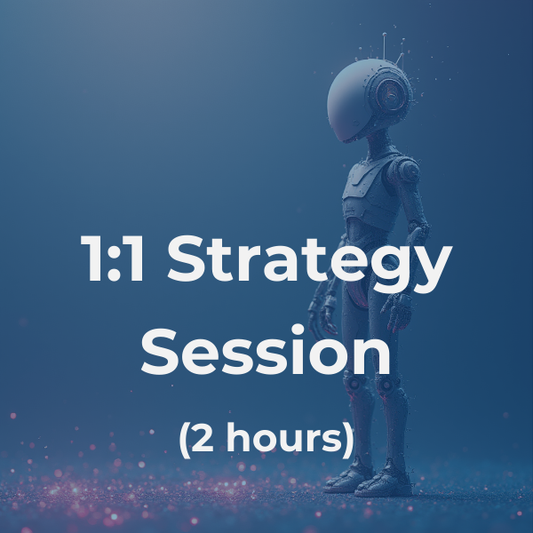
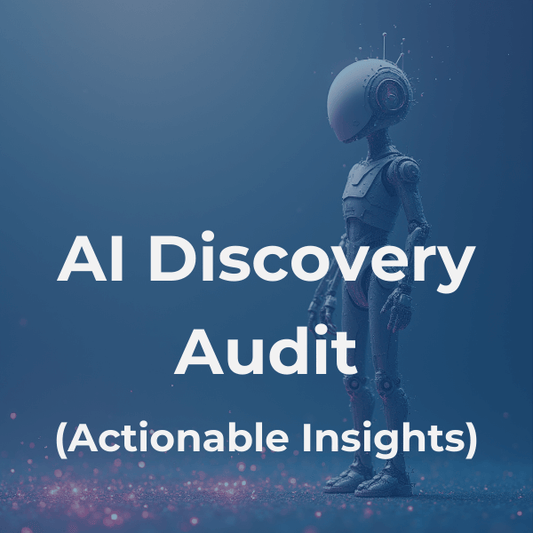
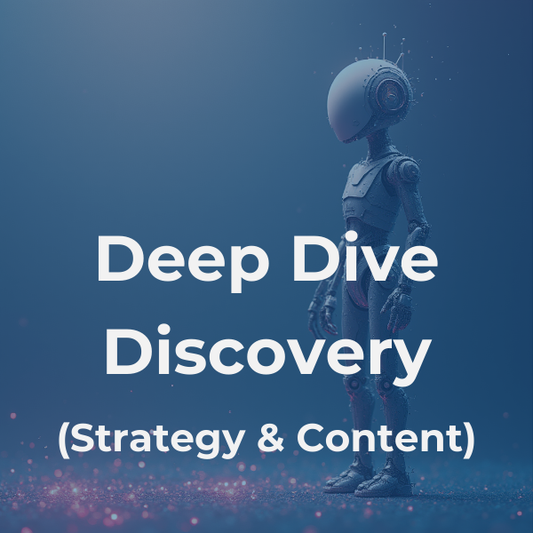
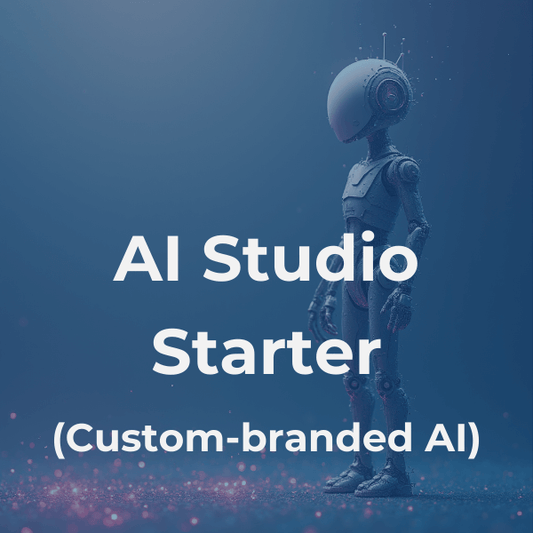
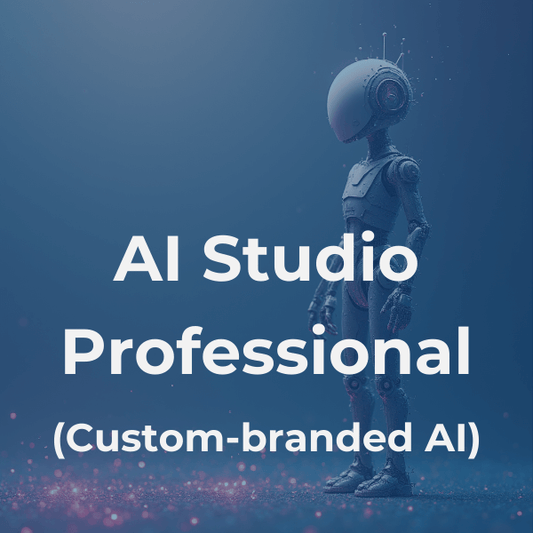
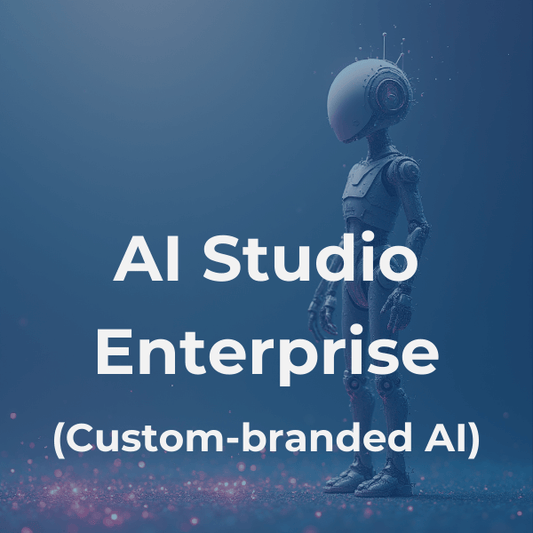
0 comments